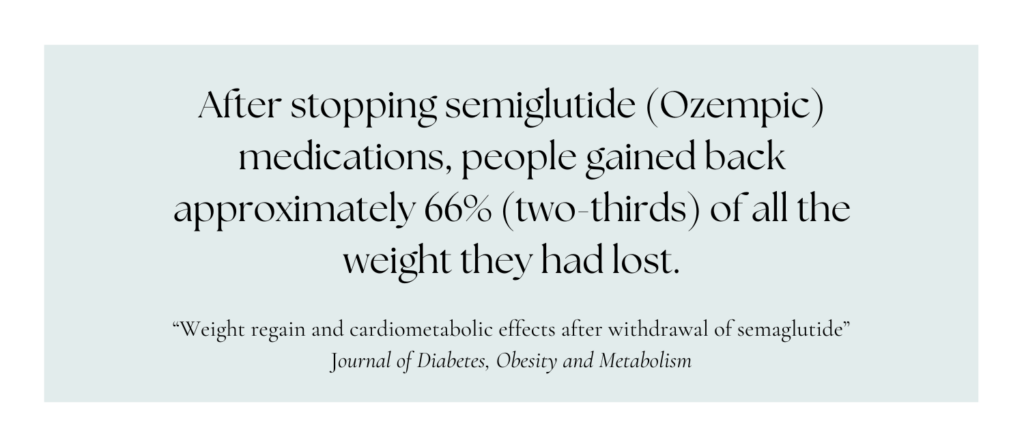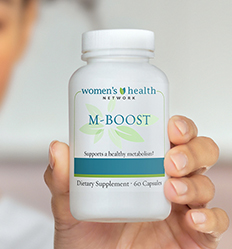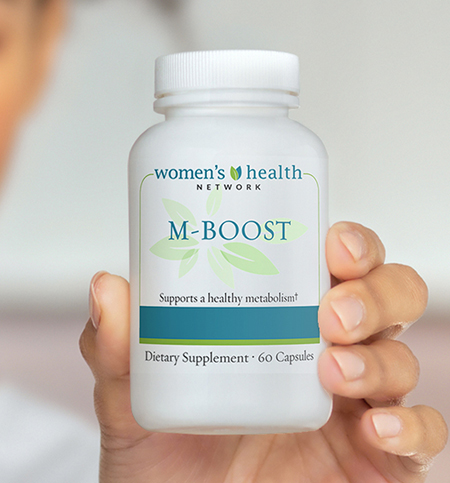Have you noticed the scale creeping up—even though your diet hasn’t changed? Do you feel like your metabolism just isn’t what it used to be? The culprit might not be what you’re eating—but rather, what you’re losing.
Beginning in her 30s, the average woman loses between 3-8% of her muscle mass per decade. This loss accelerates significantly after age 50, especially as estrogen and other hormones fluctuate. What many women don’t know is that excess muscle loss can result in a sluggish metabolism, creeping weight gain, and more stubborn belly fat.
Why?
It might seem counterintuitive to link muscle loss with weight gain—after all, if you’re losing muscle, shouldn’t the scale go down too? Not quite.
- Muscle tissue is metabolically active, meaning it helps your body burn calories, even at rest.
- When muscle mass decreases, so does your resting metabolic rate, causing your body to burn fewer calories throughout the day.
- This sets the stage for weight gain as excess calories are stored as fat—especially around your belly, thanks to hormonal imbalances many women experience in their 40s and beyond.
Muscle loss is one of the main reasons why most people who take Ozempic and other GLP-1 medications regain weight almost as soon as they stop the medication. In a study published in the New England Journal of Medicine, the average GLP-1 user lost 15 pounds of lean muscle mass, which accounted for approximately 40% of their total weight loss. This level of rapid and dramatic muscle loss can damage metabolism so significantly that even a modest increase in food intake leads to quick weight gain. Crash dieting can have similar effects.

But now here’s the good news: You can stop muscle loss and even rebuild it to keep your metabolism firing on all cylinders.
How to recover from muscle loss – and keep your metabolism up to speed
Balance your hormones: During perimenopause and menopause, hormonal changes—especially shifts and fluctuations in estrogen levels—can lead to muscle loss by decreasing muscle protein synthesis and increasing muscle breakdown. In some women, this results in sarcopenia, or excessive muscle loss.
If you’ve noticed signs of hormonal imbalance—from hot flashes to irritability—it’s time to take action. For natural hormone-balacing support, try a supplement with herbs, vitamins, and other science-backed compounds that restore balanced ratios of estrogen, progesterone, and testosterone. You’ll not only find relief from uncomfortable symptoms but this can also protect your muscle mass.
Start strength training: Research shows that regular resistance training helps to prevent muscle loss and promote new muscle growth. To make the most of this benefit, engage in resistance training – exercises like weight lifting, Pilates, or bodyweight exercises – at least twice a week. A study in the Journal of Sports Medicine found that strength training stimulates the production of growth factors such as IGF-1 (Insulin-Like Growth Factor), which is vital for muscle regeneration and repair. Beyond muscle growth, strength training also directly helps with weight loss by improving resting metabolic rate and enhancing fat loss, especially visceral abdominal weight (aka belly fat).
Reduce inflammation: Chronic low-grade inflammation, which becomes more common with age, plays a significant role in muscle breakdown by triggering higher levels of cytokines—proteins that disrupt muscle protein synthesis and promote muscle wasting. To combat this, start by adopting an anti-inflammatory diet rich in nutrient-dense foods like berries, leafy greens, and fatty fish. Omega-3 fatty acids, found in fish such as salmon and mackerel, are particularly effective as they not only reduce inflammation but also directly support muscle protein synthesis.
Avoid crash dieting: Calorie restriction leads to muscle loss because when you don’t consume enough calories, your body starts to break down muscle tissue for energy. This is why it’s important to balance calorie reduction with proper nutrition, especially protein, to ensure your body maintains muscle mass while losing fat. Aim for a protein-rich source at every meal, such as lean meats, fish, beans, or plant-based proteins. [Read our blog, “Why crash diets are doomed to fail” for more reasons why it’s best to stay away from this harmful form of weight loss.]
Give your metabolism a natural boost: As you work on rebuilding muscle, also take steps to support your metabolism. Ingredients like green tea extract, cayenne pepper, and chromium can help boost fat burning, improve energy, and stabilize blood sugar levels, making it easier to manage weight while preserving muscle. Our M-Boost formula contains 9 key compounds designed to support lean body mass and regulate energy metabolism, offering a comprehensive approach to keeping your metabolism running smoothly.
Muscle loss doesn’t have to be an inevitable part of aging
Take charge of your muscles and metabolism by focusing on strength training, eating enough protein, and managing inflammation. If your goal is to lose weight, take a “slow and steady wins the race” approach. By supporting your metabolism and prioritizing your muscle mass, you can slow down muscle loss, boost your energy, and feel stronger. Embrace these changes, and with time, you’ll regain your vitality and ability to enjoy life with a renewed strength that lasts a lifetime.













